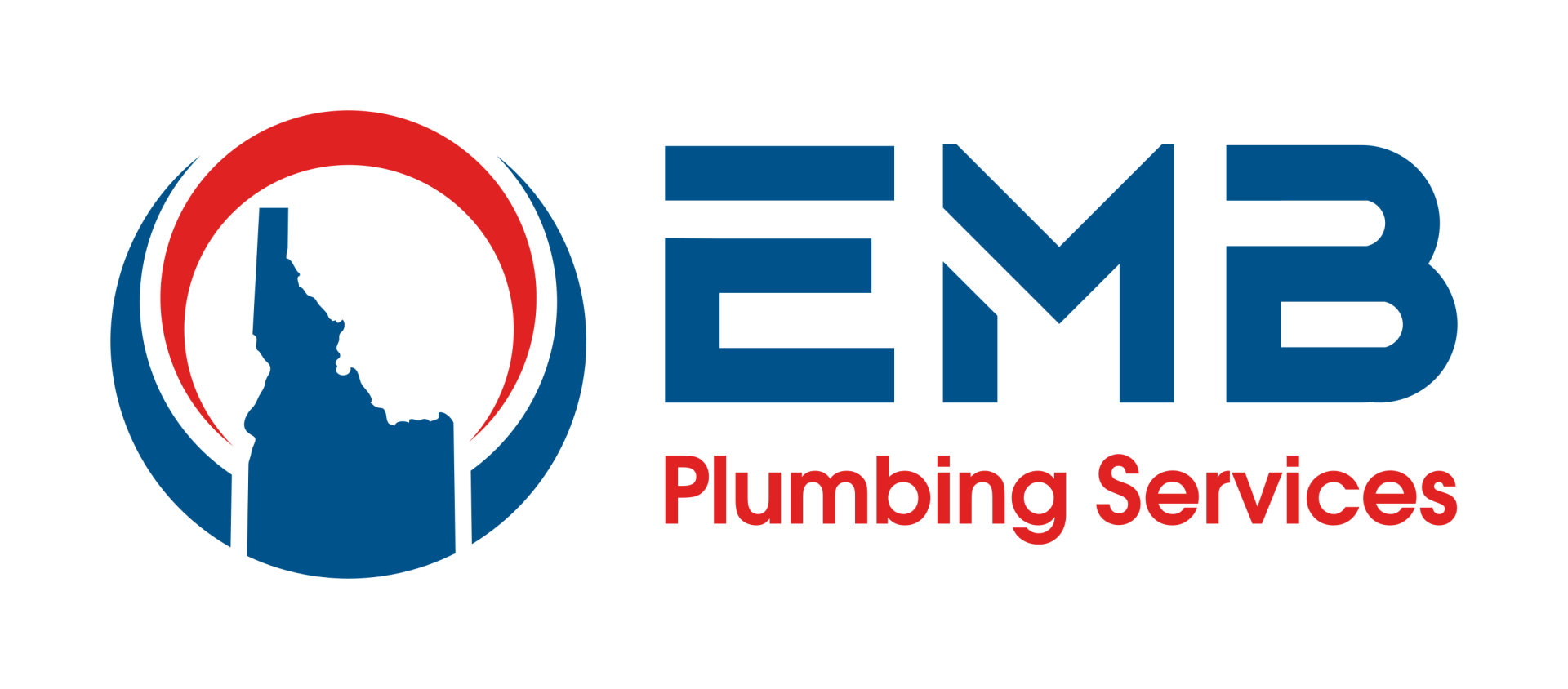Repiping
Debating a repiping project?
Smooth running pipes are essential to a smooth-running home. When a repair won’t suffice, repiping is necessary. While repiping can be a frightening thought, for professionals it can be simple and often the most effective way to deal with old, beyond repair pipes.
EMB Plumbing Services works with integrity and honesty, guaranteeing all their work for 12 months.
To Repair or Repipe?
Repiping your home can be a big undertaking. Making the decision to repipe is just as important. Your plumbers can advise you to the best route to take with the pipes in your home. For a small leak or crack, a repair is often sufficient. However, if you are experiencing recurring cracks and leaks, repiping may be the best, most cost-efficient way to go.
Newer and more modern piping systems are built to anticipate repairs and can be more easily fixed and maintained. Trust your plumber to make the best decision for your home.
Signs You Should Definitely Repipe
As a homeowner, you should listen to house. There are many signs that can show up, that all point to re-piping. If you experience any of these signs, call EMB Plumbing Services right away.
- Change in the color of your water.
- Noticing a weird smell to your water.
- Reduced water pressure.
- Noticing a change in your water bill per month.
Any one of these signs can mean a repiping is necessary, so make sure you call a plumber as soon as you notice any of these signs.
Options for Repiping
- Install hair and food screens on your drains. These small screens can be purchased at any hardware store and fit over your drains to catch food and hair before it has a chance to enter your drains.
- Run hot water through your drains once per week. If you do this, it’s kind of like flushing out some of the sediment before it has a chance to harden and clog your drain.
- Keep food items and other non soluble items out of the sink. Even if you have a garbage disposal, make sure items that don’t dissolve in water are not put down the drain. This includes oil and grease.
Quick & Reliable
Get the job done right the first time
All Rights Reserved | EMB Plumbing Services


